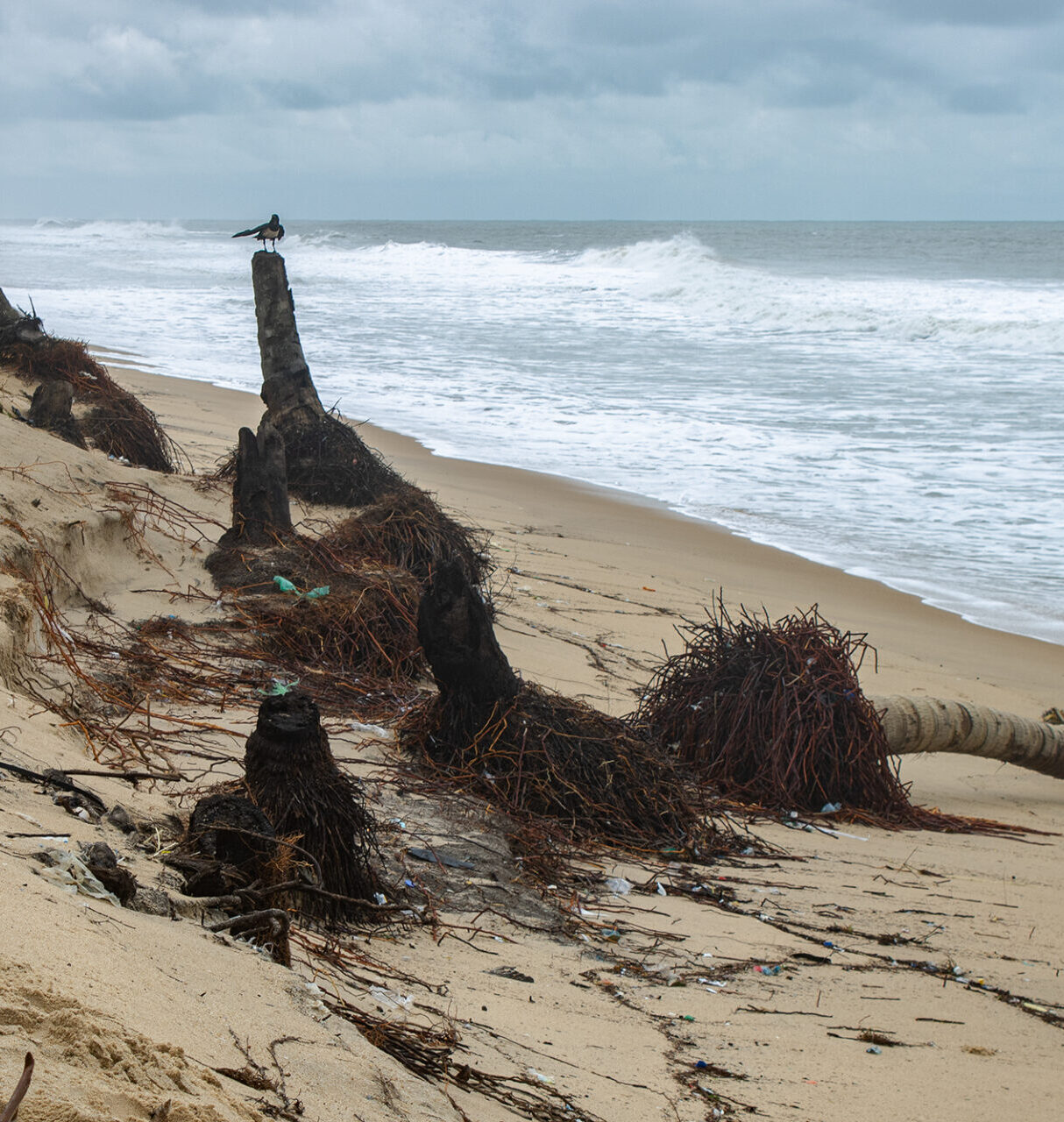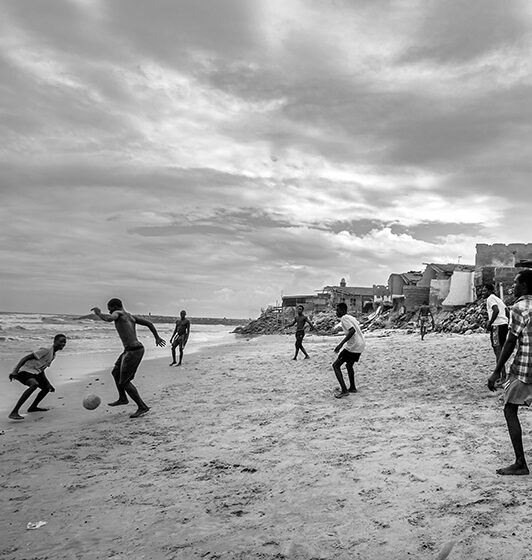HLS 8038
Food Law and Policy Clinic
The Food Law and Policy Clinic of Harvard Law School (FLPC) provides students with the opportunity to practice using legal and policy tools in order to address the health, environmental, and economic impacts of our food system.
Tue, Sep 3, 2024









